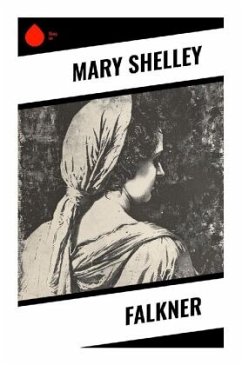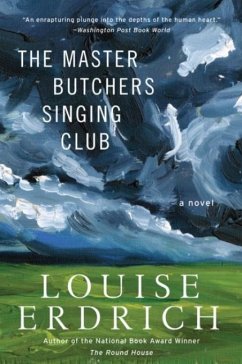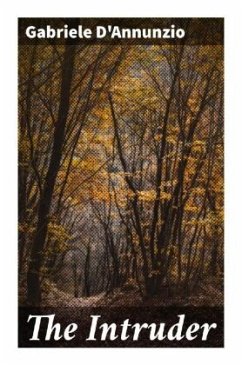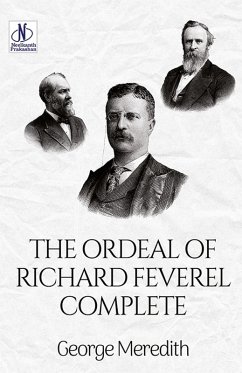
The Good Soldier
Versandkostenfrei!
Sofort lieferbar
7,99 €
inkl. MwSt.

PAYBACK Punkte
4 °P sammeln!
Ford Madox Ford's 'The Good Soldier' artfully explores the intricacies of love, betrayal, and the facades individuals construct within their relationships. Set against the backdrop of pre-World War I Europe, the narrative employs an unconventional structure, interweaving unreliable narration with fragmented timelines that challenge the reader's perception of truth. The protagonist, John Dowell, recounts his experiences with the seemingly perfect couple of Edward and Florence Ashburnham, revealing the deep-seated insecurities and moral ambiguities that underpin their lives. Ford's stylistic inn...
Ford Madox Ford's 'The Good Soldier' artfully explores the intricacies of love, betrayal, and the facades individuals construct within their relationships. Set against the backdrop of pre-World War I Europe, the narrative employs an unconventional structure, interweaving unreliable narration with fragmented timelines that challenge the reader's perception of truth. The protagonist, John Dowell, recounts his experiences with the seemingly perfect couple of Edward and Florence Ashburnham, revealing the deep-seated insecurities and moral ambiguities that underpin their lives. Ford's stylistic innovation and deft use of rich, impressionistic language situate this work firmly within the modernist literary context, paving the way for future explorations of psychological complexity in fiction. Ford Madox Ford, an influential figure in the early 20th-century literary scene, was deeply moved by his own experiences and the tumultuous societal changes around him. As a soldier and a keen observer of human behavior, Ford's fascination with the moral dilemmas faced by individuals during times of war and personal crisis informed his narrative choices in 'The Good Soldier.' The interplay of authenticity and deception in human relationships reflects not only his personal encounters but also the broader disillusionment of a generation. I highly recommend 'The Good Soldier' to readers seeking a profound examination of the human psyche and the moral intricacies of love and trust. Ford's intricate storytelling and innovative narrative technique invite a critical engagement with the text, offering rewards for both the casual reader and the literary scholar alike. This book remains a cornerstone of modernist literature, deserving a place in the collections of all those fascinated by the fragility of human connections.












